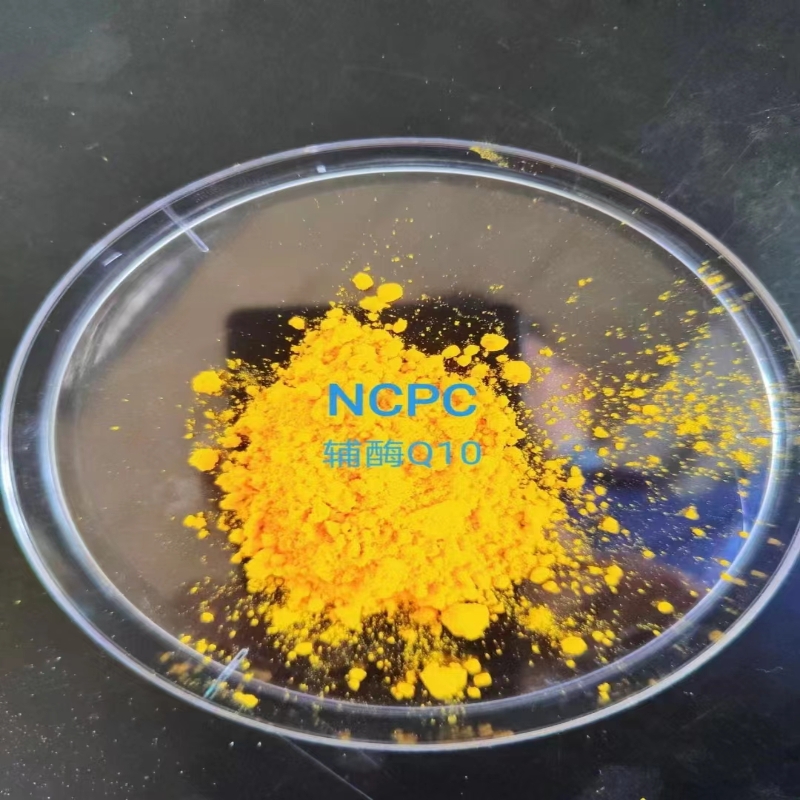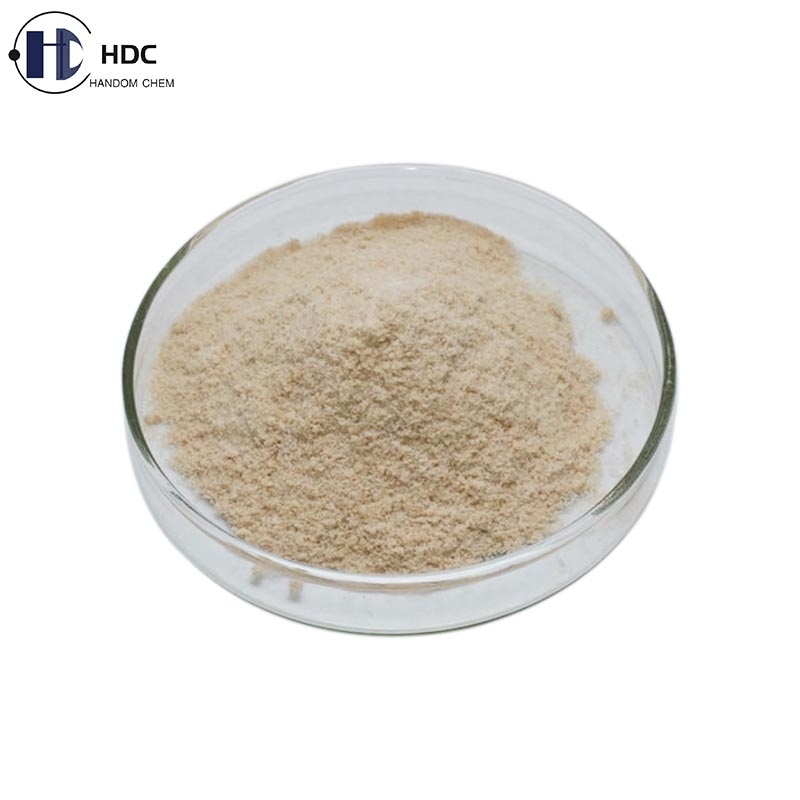Dairy products make probiotics play a more healthy role
-
Last Update: 2015-07-20
-
Source: Internet
-
Author: User
Search more information of high quality chemicals, good prices and reliable suppliers, visit
www.echemi.com
July 20, 2015 / BIOON / - probiotics are considered to have an important impact on human health However, most probiotics enter the human body through food, drink or other media carrying probiotics Therefore, if we hope to improve human health through probiotics, these foods or drinks may have a lot of credit The latest research shows that the way probiotics enter the human body (food or drink) will affect the effect of probiotics on human health Scientists at the University of California, Davis, found that the symptoms of mice were significantly reduced when milk products were used to bring probiotics into the experimental group of mice by providing probiotics (Lactobacillus casei BL23) to mice suffering from enteritis As a probiotic, Lactobacillus casei BL23 is often added to dairy products, but the strain used in the experiment is not a commercial additive, but it has a high genetic similarity with the commercial strain Compared with mice without probiotics and mice without probiotics, the experimental group (milk with probiotics) showed better recovery effect Moreover, before and after probiotics intake, the overall population structure and proportion of intestinal flora above the intestinal epithelium of mice were not significantly affected This shows that symptoms are relieved because probiotics change intestinal metabolism Molecular biological data show that probiotics intake through milk can lead to a decrease in the number of enteritis related cytokines in mice, which also proves that the immune response to inflammation is reduced The study, published in the Journal of applied and environmental microbiology of the American Society of Microbiology, showed that different ways of intake of probiotics (Lactobacillus casei) have different effects on mice The probiotics ingested by dairy products can reduce the symptoms and inflammation of mice with enteritis The probiotics carried by dairy products, which interact with the environment, may be more conducive to the survival or metabolism of microorganisms than other ways of intake Although the study was done in mice, it may have a similar effect on humans Therefore, it is of great significance for human health to optimize different types of food matrix to maximize the effect of probiotics carried in food This article is the original compilation of Biovalley Welcome to reprint! Please indicate the source of the reprint and attach the original link For more information, please download Biovalley information app doi:10.1128/AEM.01360-15 PMC: PMID: Attenuation of colitis by Lactobacillus casei BL23 is dependent on the dairy delivery matrix The role of the food delivery matrix on probiotic performance in the intestine is not well understood Because probiotics are often provided to consumers in dairy products, we investigated the contributions of milk to the health-benefiting performance of Lactobacillus casei BL23 in a dextran sulfate sodium (DSS) - induced murine model of ulcerative colitis L casei BL23 protected against the development of colitis when ingested in milk but not in a nutrient-free buffer simulating consumption as a nutritional supplement Consuming (acidified) milk alone also provided some protection against weight loss and intestinal inflammation but was not as effective as L casei and milk in combination In contrast, L casei mutants deficient in DltD (lipoteichoic acid D-alanine-transfer protein) or RecA (recombinase A) were unable to protect against DSS-induced colitis, even when consumed in the presence of milk Mice fed either L casei or milk contained reduced quantities of colonic pro-inflammatory cytokines, indicating that the L casei DltD- and RecA- mutants as well as L casei BL23 in nutrient-free buffer were effective at modulating immune responses However, there was not a direct correlation between colitis and quantities of those cytokines at the time of sacrifice Identification of the cecal microbiota by 16S rRNA gene sequencing showed that L casei in milk enriched for Comamonadaceae andBifidobacteriaceae, however, neither the consumption of L casei nor milk resulted in the restoration of the microbiota to resemble healthy animals These findings strongly indicate that probiotic strain efficacy can be influenced by the food/supplement delivery matrix.
This article is an English version of an article which is originally in the Chinese language on echemi.com and is provided for information purposes only.
This website makes no representation or warranty of any kind, either expressed or implied, as to the accuracy, completeness ownership or reliability of
the article or any translations thereof. If you have any concerns or complaints relating to the article, please send an email, providing a detailed
description of the concern or complaint, to
service@echemi.com. A staff member will contact you within 5 working days. Once verified, infringing content
will be removed immediately.







